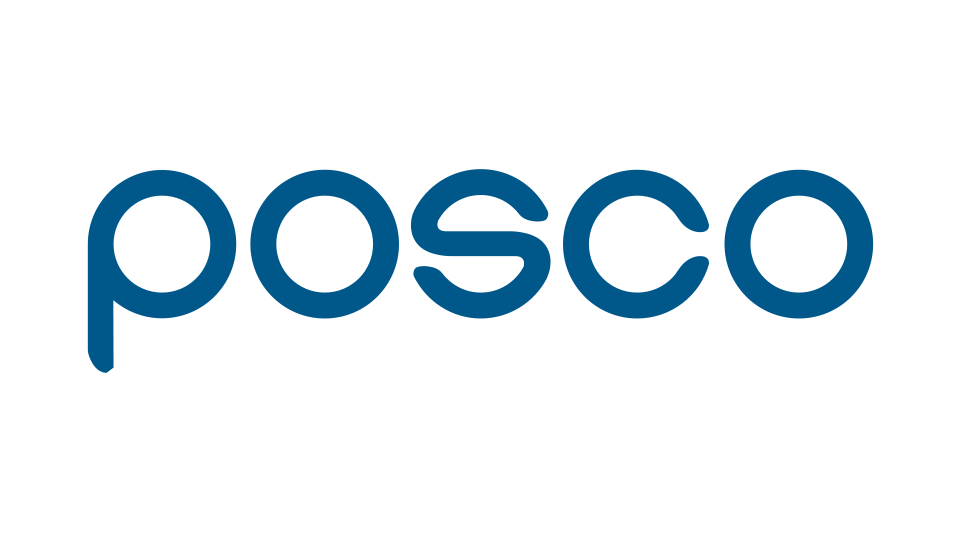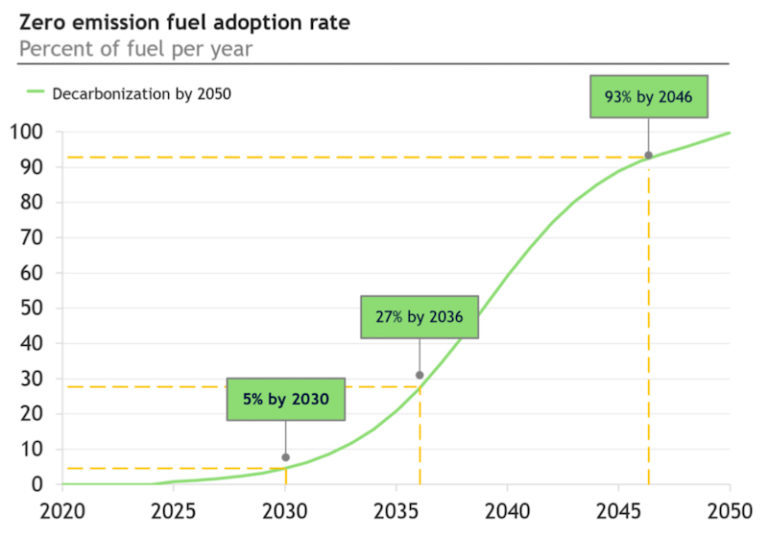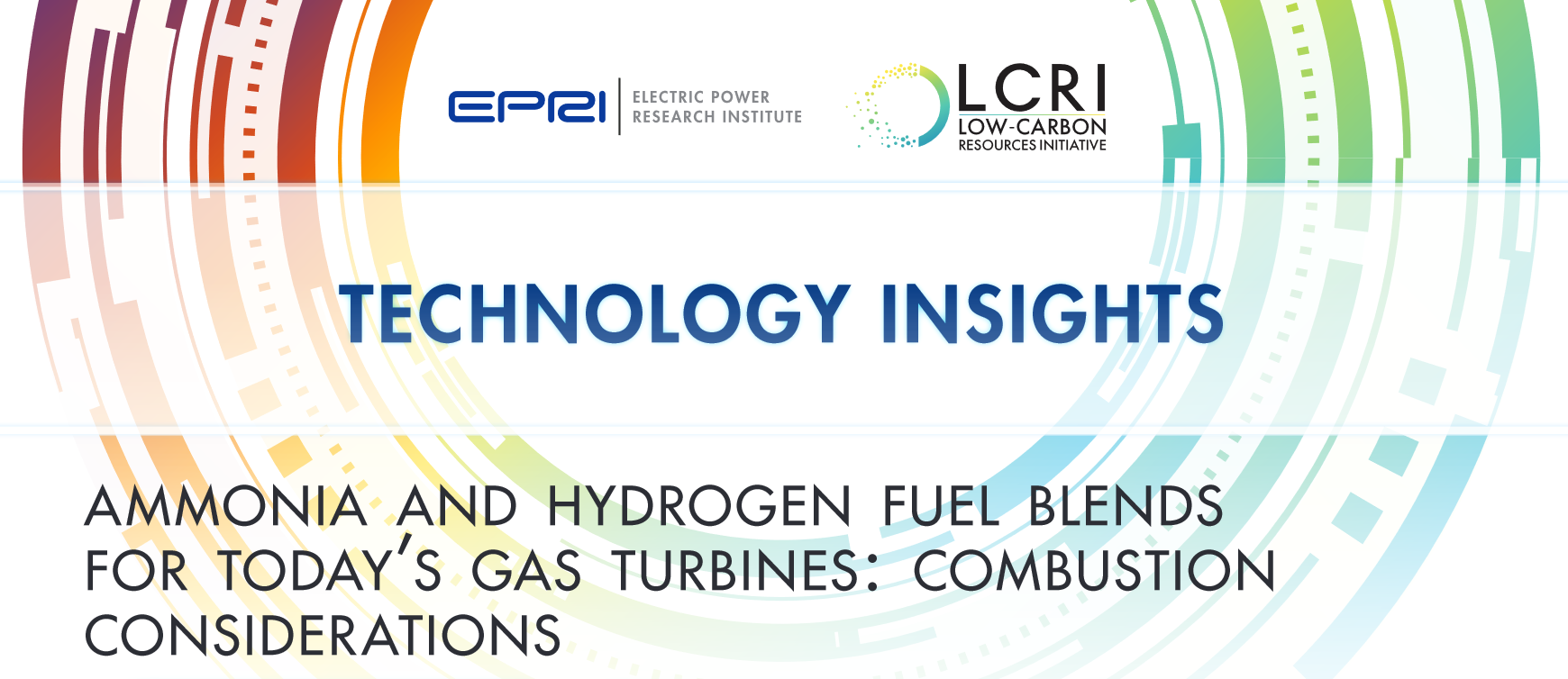Welcome to the Ammonia Wrap: a summary of all the latest announcements, news items and publications about ammonia energy. This week: OCI to charter ammonia-fueled vessels, new carbon-free maritime fuels forecast, Hokkaido Electric postpones CCGT deployment, awaits ammonia, more green ammonia for Chile, Net-zero Teesside to include CF Industries ammonia production, South Korea and Uruguay.
South Korea
Article
The Ammonia Wrap: EU ambitions, new tankers, and GW scale green ammonia in Denmark, Norway, and Chile
Welcome to the Ammonia Wrap: a summary of all the latest announcements, news items and publications about ammonia energy. In this week's wrap: HyDeal Ambition, new marine tankers, fuel forecasts & SOFC developments, a new technical briefing on power generation, UNSW leads research in P2X, GWs of green ammonia in Denmark, Norway and Chile, green ammonia in the Orkneys, new government focus on ammonia in South Africa, and India to make green ammonia production mandatory?
Article
South Korea Launches Hydrogen Cities Initiative
In October 2019 South Korea’s Ministry of Land, Infrastructure, Transport, and Tourism announced a “hydrogen-powered cities” initiative that the World Economic Forum characterized as a bid to “win the race to create the first hydrogen-powered society.”









